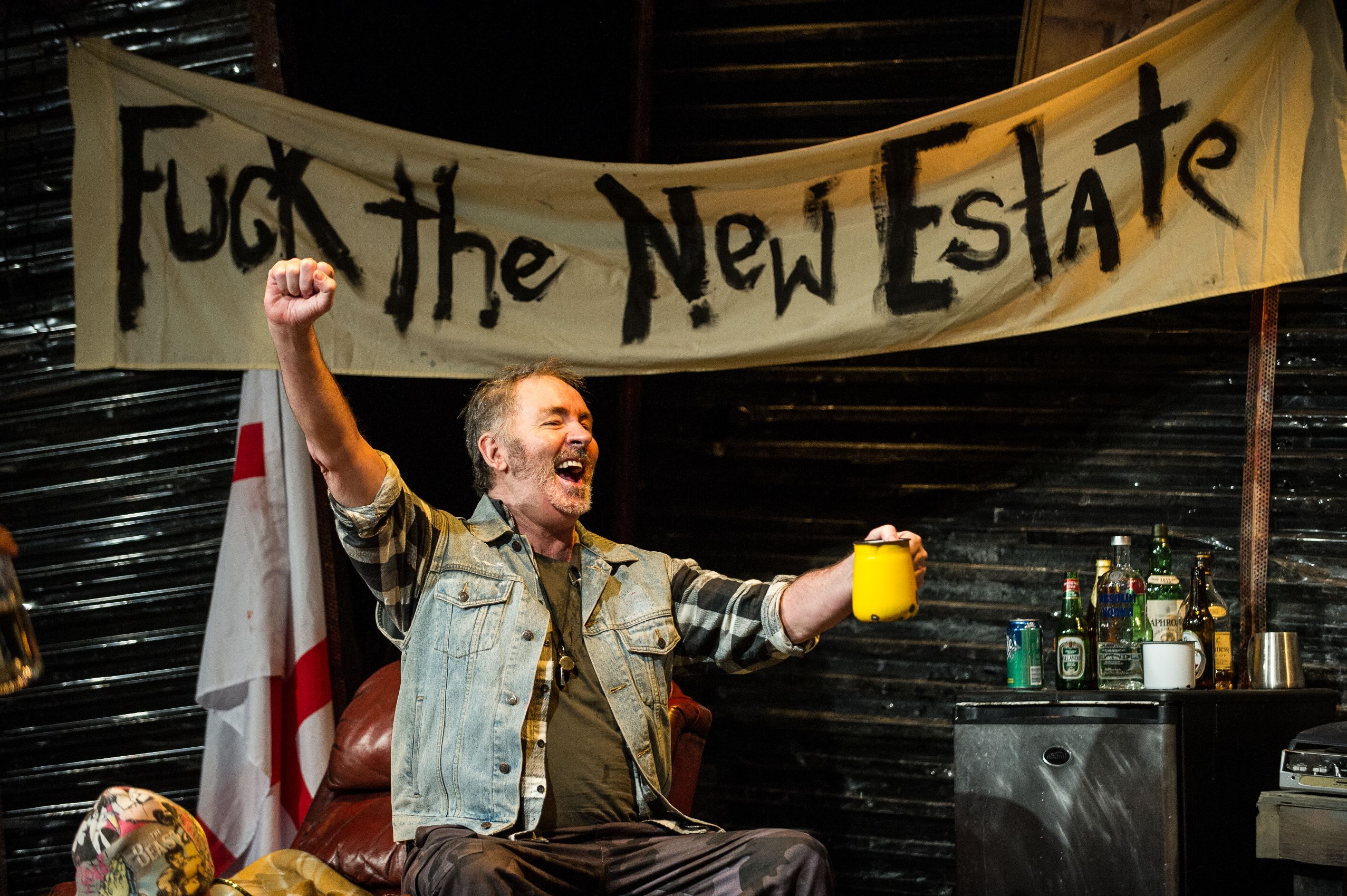British theatre is becoming ever more experimental and groundbreaking, but does this mean we‘re losing touch with our theatrical roots? Stephanie Bennett investigates…
A crucial question has arrived at the forefront of the theatrical sphere: is traditional British theatre crumbling in the face of modern technique? After substantial criticism from both Sir David Hare, one of Britain’s leading playwrights, and Guardian theatre critic Michael Billington, perhaps it is time to consider the position and status of theatre performance in 2017.
Launching an acidic assault on European concept directors who supposedly warp and disfigure classic plays, Hare condemns the way in which they are “beginning to infect” British theatre. Such damning reproach of “theatre-makers” was included in an interview prior to the release of his book. He recalls Jez Butterworth’s award-winning Jerusalem as “the last surpassingly successful play in the tradition.” The renowned play in question opened at the Royal Court in 2009. Therefore, in the last eight years the status of British performance has disintegrated to such a degree that, according to Hare, Britain is heading “towards an over-aestheticized European theatre.”
He continues to argue that: “And all that directorial stuff that we’ve managed to keep over on the continent is now coming over and beginning to infect our theatre. And of course if that’s what people want, fine. But I’ll feel less warmth towards the British theatre if that ‘state-of-the-nation’ tradition goes.”
‘It seems foolish to convict contemporary theatre for lacking a more traditionalist perspective when the very nature of theatre is evolving every day’
Michael Billington has had similar bitter thoughts to Hare’s. He claims that the National Theatre’s imminent season almost mocks their obligation to classical staged plays as a “staggering dereliction.” Billington’s primary accusation seems to be the lack of classic selection this year, with only two Shakespearean masterpieces – Macbeth and Twelfth Night – amongst the array of new material. Twelve new plays, half of them written by women, are to be showcased instead. Billington disputed that this problem is exacerbated by the lack of classical plays, Shakespeare excluded, that “are slowly but surely disappearing from the regional reps.”
While including classic plays is integral to performance, it seems foolish to convict contemporary theatre for lacking a more traditionalist perspective when the very nature of theatre is evolving every day. Modern theatre is just that: modern. Future classics cannot be wrought when arguably narrow-minded critics like Hare and Billington erase the innovation and eccentricity that is established with new interpretations. Shakespeare, Samuel Beckett, George Bernard Shaw, Victor Hugo, and the rest of their ilk are, without a doubt, fundamental to theatre, but should their classic brilliance inhibit new material through their traditional constraints?
‘Is the whole of British theatre going to be similarly rebuked and judged inferior when the only accusation is that it is new and unfamiliar?’
Emma Rice was dismissed as the artistic director of the Globe, despite diverse critical acclaim, for unconventional performances. Is the whole of British theatre going to be similarly rebuked and judged inferior when the only accusation is that it is new and unfamiliar? Theatre must evolve with the world, and while by no means should classic and traditional theatre be disregarded, fresh and innovative works should not be attacked for only failing to adhere to previous ideals of performance. Perhaps what is truly ‘infecting’ our theatres is not what is “coming over from the continent”, as Hare claims, but the stereotypical and frankly archaic limitations being forced onto modern theatre by an older generation.
Stephanie Bennett
[Image courtesy of Matthias Engesser]

